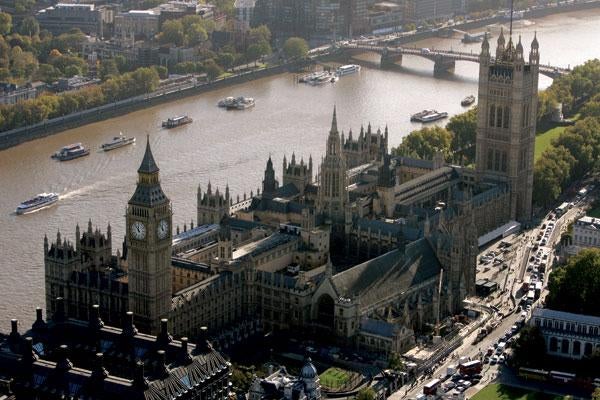
Prime Minister Gordon Brown has today thrown an olive branch to the media by promising to open up the Government and scrapping plans to curb the Freedom of Information Act.
In a speech this afternoon, Brown announced five concessions to demonstrate he is in favour of open government. He announced the Government:
- would abandon new curbs on the Freedom of Information Act that would have prevented journalists securing more information from Whitehall and councils and other public bodies;
- would abandon plans to limit media access to coroners’ courts;
- had asked Associated Newspapers editor-in-chief Paul Dacre to examine whether the 30-year rule on publishing government documents could be lowered;
- announced the Government is to consult on opening up yet more bodies that perform public functions to the Freedom of Information Act;
- made clear the Prime Minister would not take up Tony Blair’s parting suggestion that the Government should consider whether newspaper journalists should be regulated in the same way as broadcasters.
Brown said: “We agree with the Select Commitee on Culture that a free press is the hallmark of our democracy. There is no case for statutory regulation of the press.
“Self-regulation of the press should be maintained and it is for the publishers themselves to demonstrate by their decisions that they can sustain and bolster public confidence in the way information is gathered and used,” the prime minister added.
Freedom of Information campaigners praised regional editors and Press Gazette for their part in forcing the Government about-turn.
Alan Beith, the Liberal Democrat MP and chairman of the cross-party Constitutional Affairs Select Committee, which urged Brown to abandon the FoI curbs, said that the press campaign had “helped”.
Richard Shepherd, Tory MP and FoI campaigner, said the campaign by Press Gazette and regional papers such as the Yorkshire Post had been “of enormous importance”.
He told Press Gazette: “The FOI curbs were ill-concieved.”
In his response to the Constitutional Affairs Committee, justice secretary Jack Straw, admitted that editors has been strongly opposed to the proposal to include the time taken to read and consult on FoI requests in deciding whether the cost of compliance exceeded cost limits.
Straw said in a report to Parliament: “The majority of respondents opposed the proposals. This was particularly the case of responses from media organisations, other non-governmental organisations and members of the public.
He said some public authorities, especially local councils, had welcomed the “prospect of some relief from the administrative burden of the FoI Act”.
“Taking account of the range of responses recieved, the Government has decided to make no changes to the existing fees regulations.
Straw said the Government intends to issue new guidance to help public bodies to make “more robust use” of the existing rules that deal with vexatious requests to deter requests that have no serious purpose or value and impose disproportionate burdens.
Clearer guidance would also be given to public authorities about where they can refuse requests on cost grounds.
Email pged@pressgazette.co.uk to point out mistakes, provide story tips or send in a letter for publication on our "Letters Page" blog
